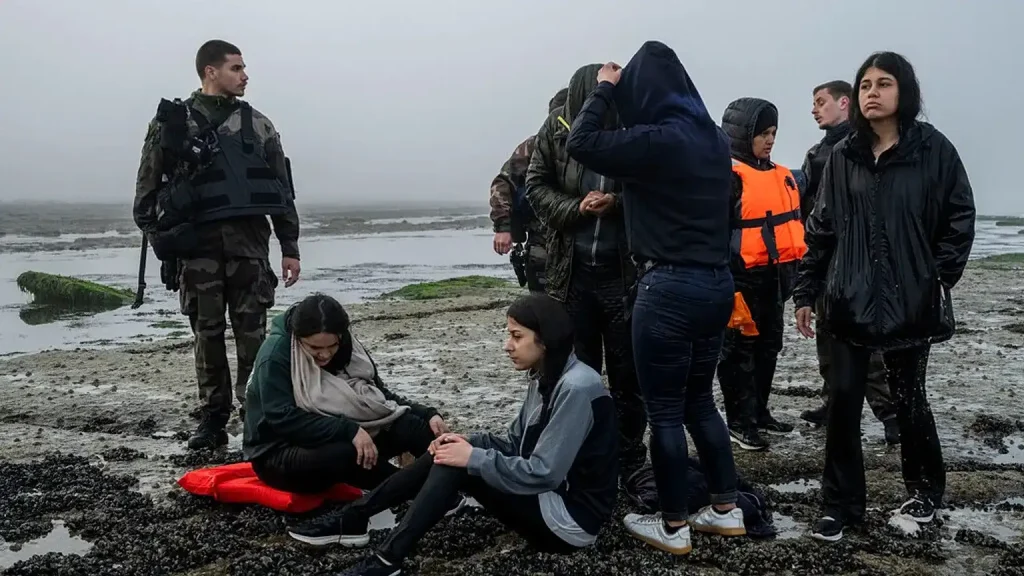On January 20, 2023, a court in northern France delivered prison sentences to 14 Sri Lankan nationals for running a sophisticated people-smuggling ring that facilitated the illegal movement of migrants across Europe. The convictions mark a significant step in the continent’s ongoing efforts to dismantle lucrative criminal networks exploiting vulnerable populations. The operation, centered on moving migrants from Sri Lanka and Bangladesh to Western Europe, has drawn attention to the growing challenge of human trafficking amid rising migration flows.
Leadership and Logistics Uncovered
The primary suspect, accused of orchestrating the smuggling network from a grocery store in Serifontaine, a village 80 kilometers north of Paris, received a four-year prison sentence, with one year suspended. Investigators revealed that this individual played a pivotal role in setting prices and determining routes for migrants, who were transported from Ukraine across Europe with the aid of bribes to officials in Eastern Europe. The court’s findings exposed the organized nature of the operation, which capitalized on established migration pathways to generate substantial profits.
Sentences and International Dimensions
Another key figure, based in Britain and currently resisting extradition, was handed a five-year sentence, the heaviest among the group. The remaining 12 defendants received shorter prison terms, reflecting their varying roles in the smuggling ring. The case highlights the international scope of such networks, with operations spanning multiple countries and relying on cross-border coordination. The involvement of a suspect in Britain underscores the challenges of international law enforcement cooperation in tackling human trafficking.
Surge in Channel Crossings
The convictions come against the backdrop of a sharp increase in migrant crossings from mainland Europe to Britain via the English Channel. In 2022, UK government figures reported over 45,000 migrants making the dangerous journey, a significant rise from the previous year’s record by more than 17,000. Smuggling gangs, like the one dismantled in this case, have thrived amid growing demand, exploiting desperate migrants seeking better opportunities. The perilous nature of these crossings, often in overcrowded and unsafe boats, has heightened calls for stronger action against trafficking networks.
Europe’s Broader Fight Against Smuggling
The French court’s ruling is part of a wider European push to curb human smuggling, a criminal enterprise that preys on vulnerable populations fleeing conflict, poverty, or persecution. Authorities across the continent are intensifying efforts to disrupt these networks, which often operate with impunity across borders. The case in northern France, specifically in the Beauvais court, serves as a warning to smugglers that law enforcement is stepping up its response to illegal migration operations.
Implications for Migration Policy
The sentencing of the 14 individuals underscores the complexity of addressing migration challenges in Europe. While the convictions target the criminal facilitators, they also highlight the need for comprehensive policies to address the root causes driving migration from countries like Sri Lanka and Bangladesh. As smuggling gangs adapt to enforcement measures, European nations face ongoing pressure to balance border security with humanitarian obligations, ensuring safe and legal pathways for those seeking asylum.






